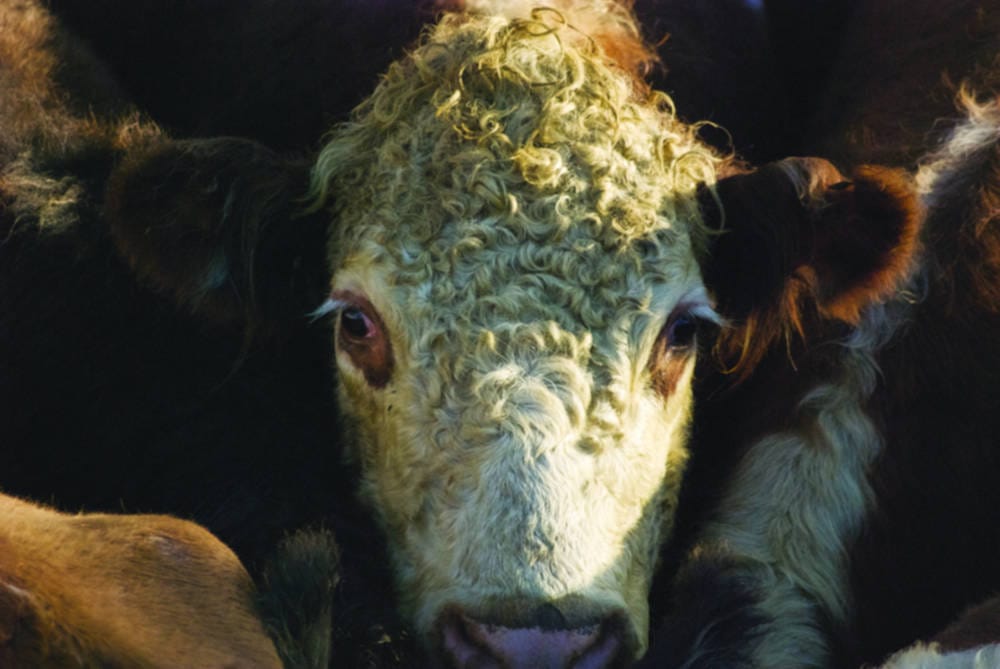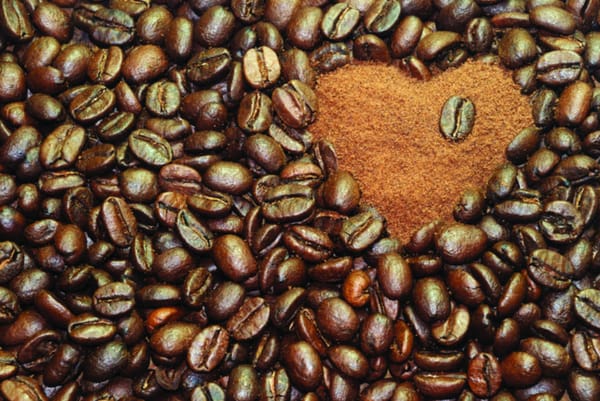It’s not all about the D
An ode to our nutrition’s unsung hero, vitamin B

Some of us go pretty far when it comes to maintaining vigilance with our diets. We pinch our noses as we down that tablespoon of cod liver oil, chuck mounds of spinach into Tesco’s spinach ricotta tortellini, because obviously just the latter doesn’t quite fulfil our magnesium requirements, and knock back litres of vitamin water. Practices that all honour the holy triumvirate of vitamins K, D and A.
And then there’s vitamin B, which us primitive folk usually believe we have got down pat. For the pure-bred meat-eaters, it doesn’t seem to be too big of a problem. That perfectly seared rib-eye steak is your quota nicely filled for the day. And that’s fine, but a little refreshment of perspective is needed. Us omnivores are bred for variety, and thrive on a mishmash of vegetables and meats. That steak is good some days, but there are other B vitamins one can find in a plethora of other foods. For example, vitamin B1, or thiamine, is crucial in the production of ATP, or the energy currency of our bodies. Deficiency results in fatigue, and in more severe cases, the cardiovascular disorder beriberi. Another intermediate symptom is carbohydrate intolerance, as thiamine also helps regulate blood glucose levels. The best sources of B1? Lean pork, spinach, asparagus and sunflower seeds. So go crazy.
Vitamin B3, or Niacin, is another underrated vitamin which many of us fail to get enough of, especially since one of the main causes of deficiency is excessive alcohol consumption; one reason why you may want to cut down on Ministry Tuesdays, or those off-the-wall events you keep getting invited to by that same blonde on Facebook. Niacin is essential for the energy generation process, particularly the glucose-to-ATP pathway. Naturally, deficiency symptoms include low appetite, depression and lowered HDL (good cholesterol) levels. The best sources of Niacin are fish, fish, and more fish. Particularly tuna, so I do apologise if you have a thing against the flaky stuff. Sometimes health is sacrifice.
Just one more, I promise. I saved what I believe is the most important for last. It may or may not be common knowledge that the primary source of vitamin B12 is animals, including animal-derived foods like dairy and eggs, but less conventional wisdom dictates that a myriad gastrointestinal disorders, even low-scale types like diarrhoea, affect our ability to absorb the vitamin in our gut. Doctors rarely check B12 levels, and we almost always assume we get enough, but many of us really don’t. We need B12 for the formation of red blood cells and proper nerve structure and function, so a deficiency here could make it easier to contract dementia or Alzheimer’s-like syndromes, even autism spectrum disorder in children. Other effects are memory problems and consequent cognitive decline. Clearly, the effects are much more harmful than most of us initially envisage. The stars of the show here are salmon, sardines and liver, but the one downside here is that there are no purely vegan sources, so vegans, take note.
Folks, that sliver of liver will do you good. Physically and psychologically. Combined with an overall healthy diet chock-full of leafy vegetables, sunflower seeds and fish, you’ll be sure to attain more than enough vitamin B, and have a happier, more meaningful life to boot.





